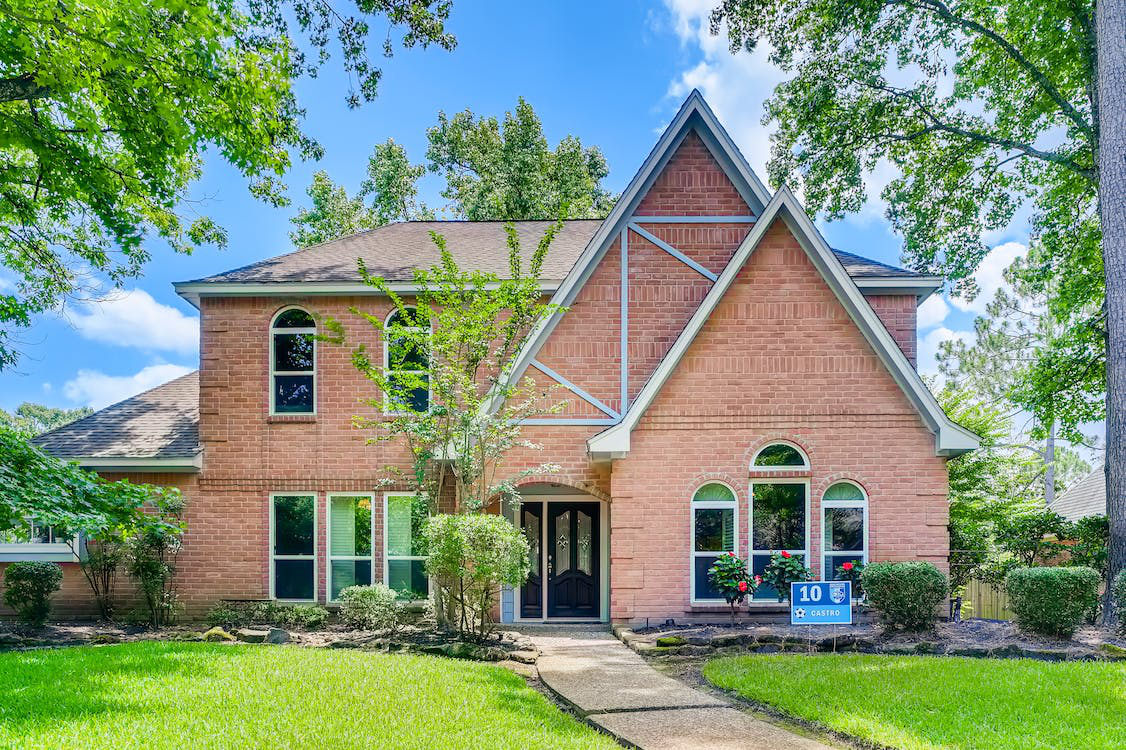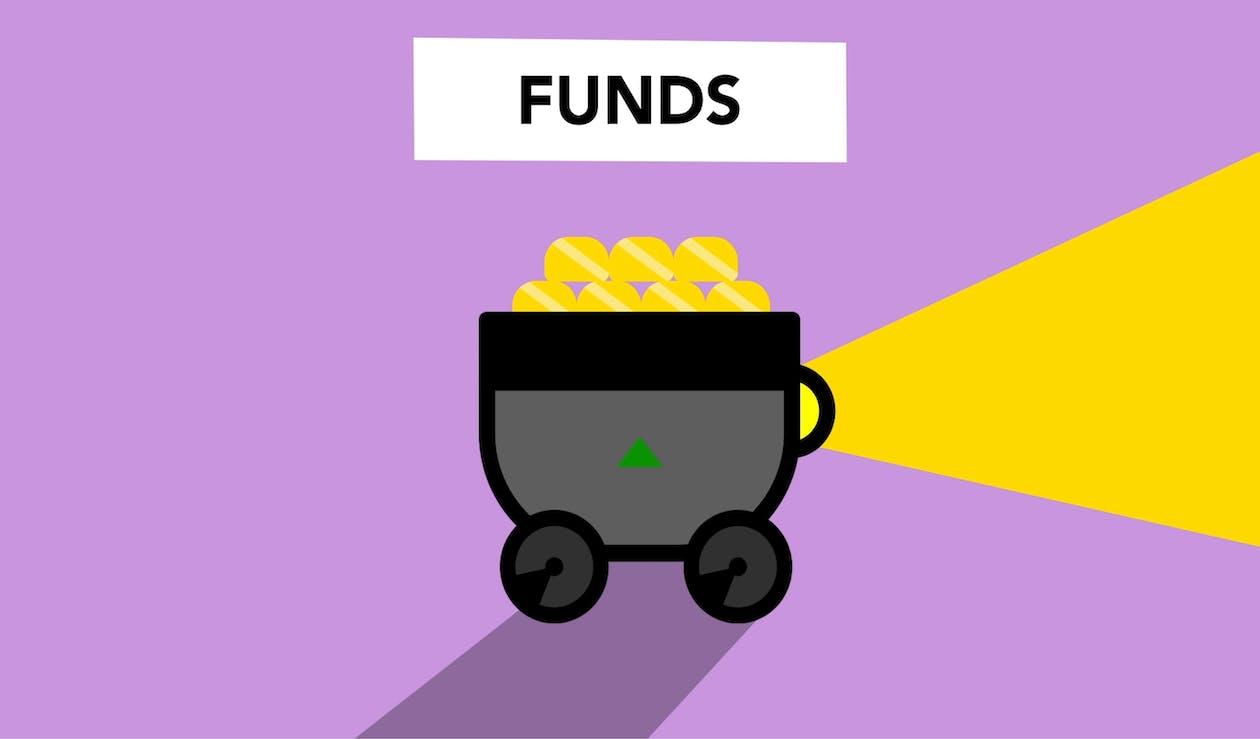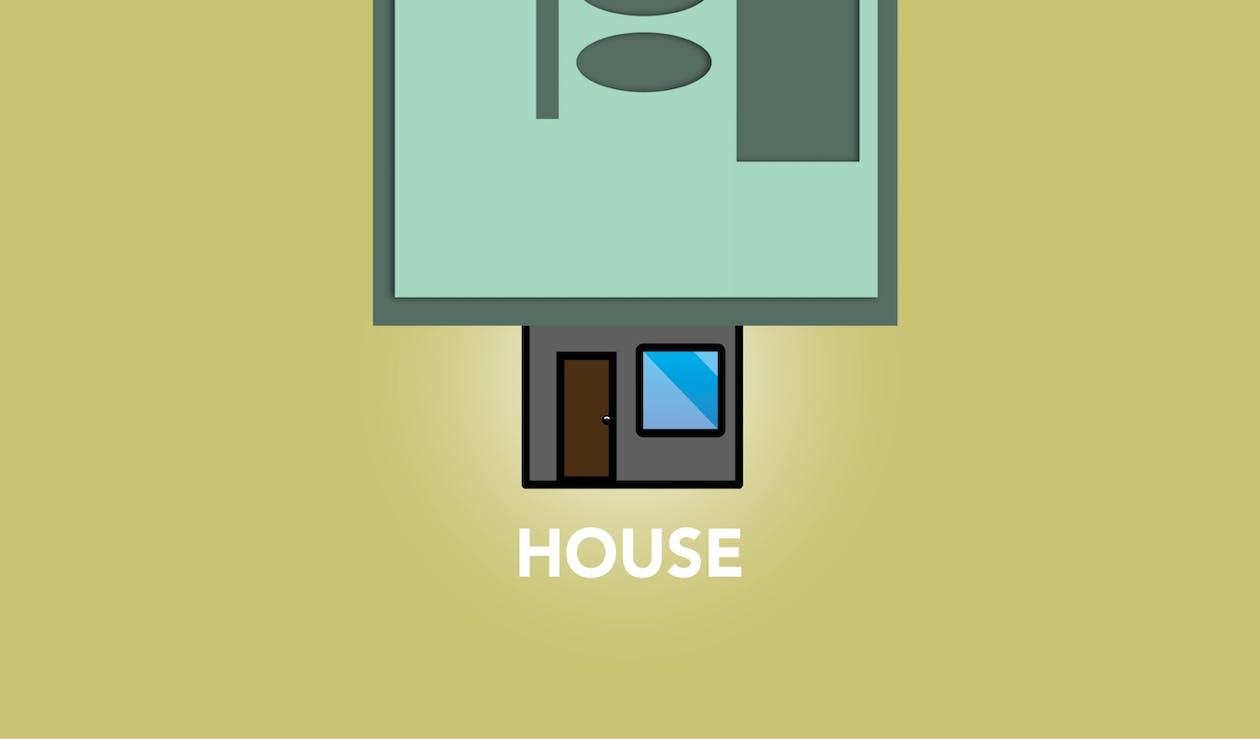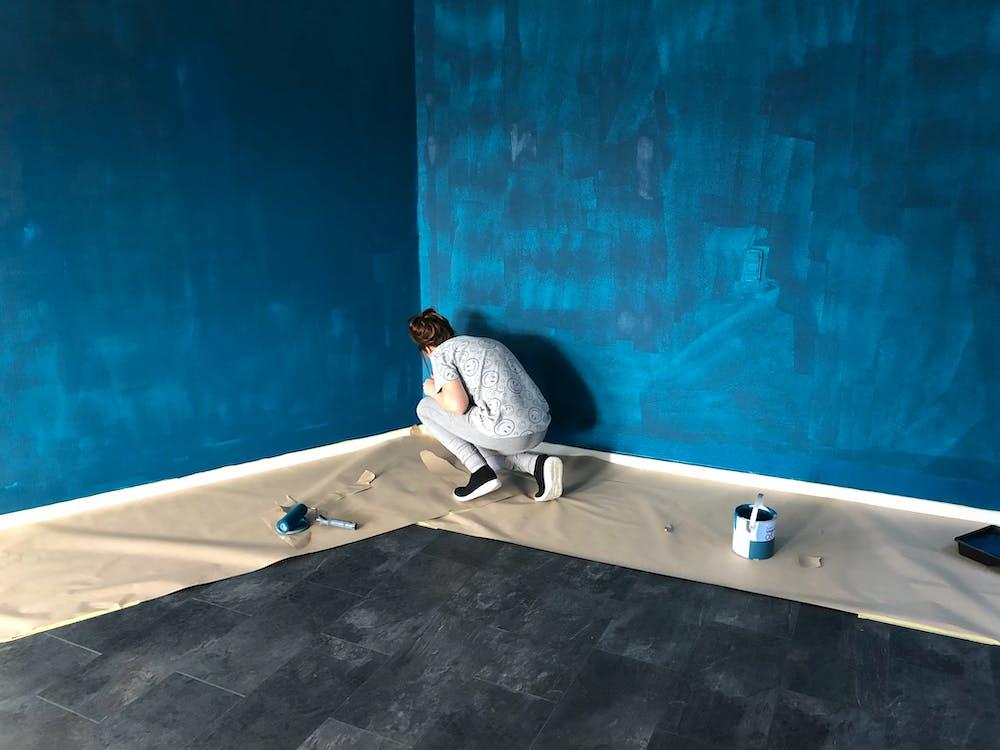What Is A Flip Tax In NYC?
A flip tax is a fee that you have to pay to the co-op building or board when selling your co-op apartment in NYC. Some condominiums have this fee as well, but it’s very rare compared to co-ops. It’s not technically a tax since it’s not collected by the city or state government, which is why a more accurate term for it would be a transfer fee. However, the term ‘flip tax’ is most commonly used.
The concept of the flip tax can be traced back to the conversion of old rental buildings into co-ops (between the 70s and 80s). Two possible reasons for introducing this tax were:
- Discourage flipping
- Generate funds for building improvements by taking a piece of the profit apartment sellers were making.
The two reasons still apply today.
How Much Flip Tax Is Common In NYC And Who Pays It?
This tax is usually between 1% and 3% of the price the apartment is sold for, and in most cases, it’s about 2%. However, when it comes to HDFC, the tax rate can be much higher: Between 10% and 30% (in most cases), but that number is based on the net sale of the apartment, or the actual sale price if you are an original owner. And unlike flip taxes in other co-ops where the tax is levied and collected by the co-op board, the HDFC co-op flip tax is acknowledged by the city government.
The tax is usually paid by the seller, but the seller can pass on the responsibility to the buyer through negotiation.
What Type of NYC Buildings Have A Flip Tax?
Most co-ops have some kind of flip tax. It can be a:
- Percentage of the price you sold your unit for (like 2% of $700,000)
- Percentage of the profit you sold your unit for (like 10% of the $250,000 profit you made)
Flat fee ($30,000) - An amount based on your shares in the co-op ($100 per share – The larger your apartment, the more shares you will have and will bear a higher flip tax)
- A combination of two or more of the above
Some co-ops reduce the amount of flip tax you have to pay based on the number of years you’ve lived there. This encourages long-term ownership.
Flip Tax – Pros, Cons, and Uses
For a building/co-op board, the pros of flip taxes are:
- They discourage frequent flipping, and more people keep the co-op for longer periods, ensuring stability.
- They generate income for the building. Even if people flip, they leave after paying substantial amounts as transfer fee/flip tax, which can be used for capital improvements without burdening the residents unnecessarily. That’s a pro for the residents, as money collected from flip taxes can reduce their maintenance costs or their share of the capital improvements in the building.
The cons for sellers are:
- They have to give away a sizable piece of their profits.
- It may make their property unappealing for people who are buying for a relatively short term. They either won’t consider the apartment or offer a reduced amount (to cover the flip tax).
Since flip taxes are used by building owners for improvements or to reduce the maintenance cost that residents need to pay, they are beneficial for the building and residents. But for the seller, they are just a necessary financial burden.
Common Misconceptions About The Flip Tax
Misconception: Flip tax is an actual tax that you need to pay to the government.
Reality: Flip tax is a transfer fee imposed by the co-op/condo board that you agree to pay when you buy an apartment in the building, not a tax imposed by the government. It’s built into the contract. However, like a real tax, there is almost no way to avoid it. And even though it’s not administered by the government, it was sanctioned by the state government in 1986.
Misconception: Only co-ops impose a flip tax, and all co-ops have a flip tax.
Reality: Both co-ops and condominium boards can ask their apartment holders to pay the flip tax when they sell. But the practice is most common in co-ops. Also, some co-ops may not have a flip tax to begin with, and others might waive it off if you live in the building long enough.
















